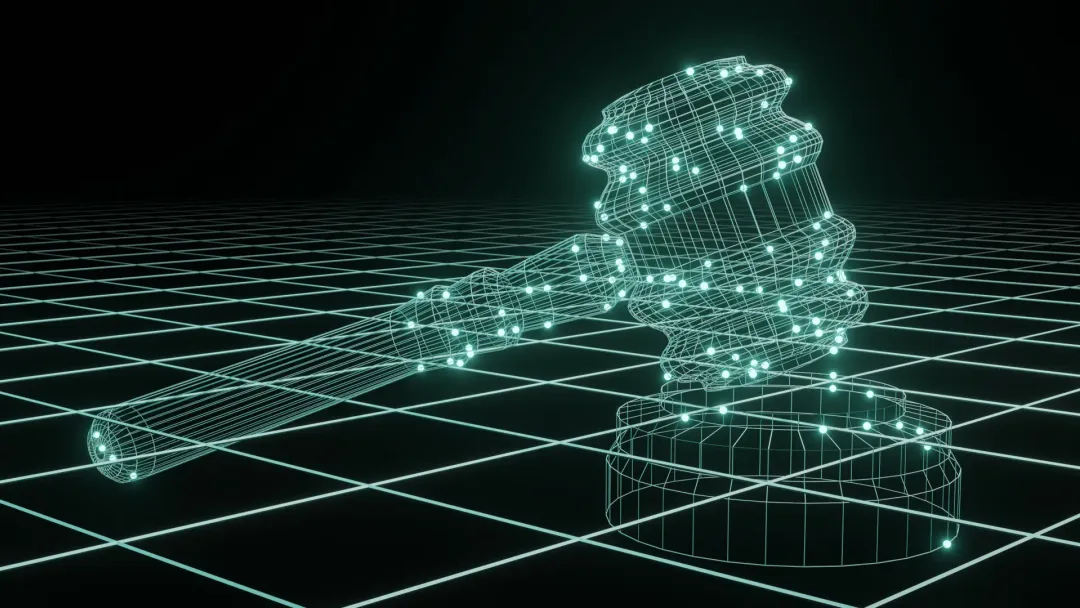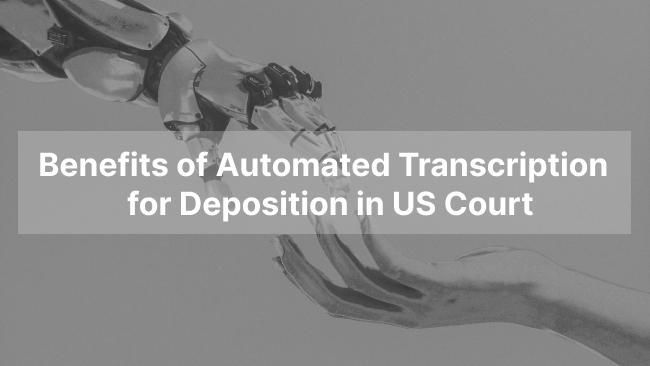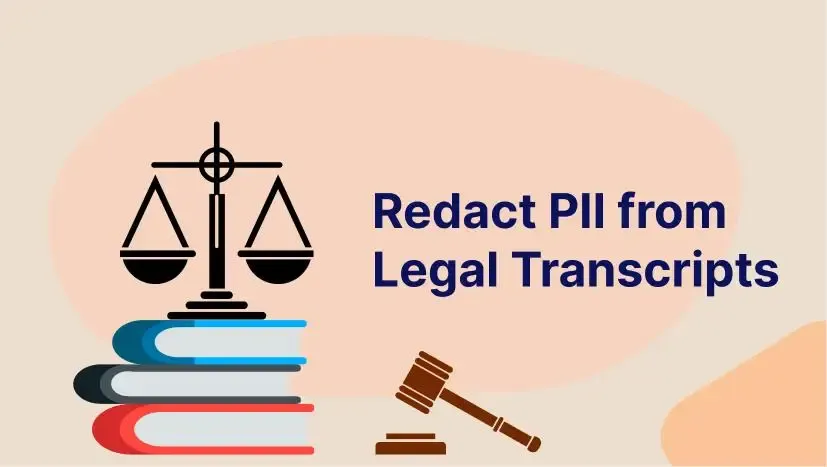Legal Transcription Vs Court Reporting
December 2022
·
3 min read

Many people often confuse court reporting with legal transcription. While they are strikingly similar, there are some contrasts between them.
In this article, we will explore the major differences between legal transcription and court reporting.
Legal Transcription
While you can transcribe your legal recordings on your own, outsourcing to legal transcription agencies might be a better choice. There are an abundance of legal transcription agencies that have a network of transcriptionists and resources to get the job done.
Generally, agencies receive pre-recorded audio/video files and transcribe them verbatim; meaning the text will contain the same words spoken in the recording.
It will include:
- All background noise
- Filler words like uh, umm etc.
- Stutters and false sentence starts
On a typical day, a legal transcriptionist might transcribe a variety of recordings such as:
- 911 calls
- Correspondence
- Court Proceedings
- Depositions
- Interrogations
- Witness interviews
- Hearings
- Conference calls
- Jury instructions
Court Reporting
Court reporting is done by court reporters who type verbatim reports of all the proceedings taking place in a court. This means that the court reporter is transcribing everything in real-time.
The task involves documenting recorded audio/video and transcribing live court hearings. This includes all those involved in the court such as:
- The judge
- The jurors
- The attorneys
- The witnesses
- The clerk(s)
- The defendant(s)
Court Reporters are also known as stenographers, as they use stenotype for verbatim court proceedings transcription. They typically must have a degree from an institution that the National Court Reporters Association approves.
You might also need professional certifications in addition to your degree to be eligible for legal transcription.
Legal Transcription vs Court Reporting
| Criterion | Legal Transcription | Court Reporting |
|---|---|---|
| Who does it? | Is performed by legal transcriptionists who are extremely detail-oriented and have a deep knowledge of legal terminologies, procedures and the legal system. | Is performed by highly trained, certified and licensed court reporters. |
| Where is it done? | Can be done in a remote location or in a corporate workspace. | Done by court reporters inside a courtroom during a court proceeding. |
| What is transcribed? | Transcribe pre-recorded audio/video recordings like 911 calls, depositions, interrogations, etc. | Transcribe pre-recorded audio/video recordings like 911 calls, depositions, interrogations, etc. |
| What equipment is needed? | Requires the use of computers, headphones, keyboards, transcription software and other supporting equipments for listening and typing. | Requires the use of stenotype machines for typing. |
| What is the output? | Transcripts are expected to be accurate and may include timestamps and speaker labels if required. | These are for immediate use and are just verbatim unformatted plain-text. |
When should you go with a legal transcription service vs hiring a court reporter?
Here’s a simple rule of thumb, if a judge is present, you will need a court reporter.
Court reporters produce partial documents in real-time, so it is almost ready as soon as a court session concludes. They are required for official records of court deliberations.
Alegal transcription software on the other hand will be significantly cheaper than hiring a court reporter. They transcribe pre-recorded audio or video into transcripts. Many court proceedings are also recorded and then transcribed later to help lawyers in their cases.
Conclusion
Ultimately, the choice between legal transcription services and court reporting depends on your needs.
While legal transcription is more affordable and convenient for most attorneys, court reporting is faster, more reliable and accurate, as it takes place in real-time and provides a verbatim record of the proceedings.
If you’ve decided that you want legal transcription and not court reporting, the job is still not over yet. A lot of things like audio clarity, accents, turnaround time, and pricing come into play while choosing the right legal transcription outsourcing service for you.
Learn 5 things to consider before choosing a transcription serviceAt Reduct, we provide rapid AI Legal transcription with an option to upgrade to human transcription. We have highly skilled transcribers specializing in law that helps us guarantee 99% accurate transcripts with overnight delivery service. Get started with us today.


